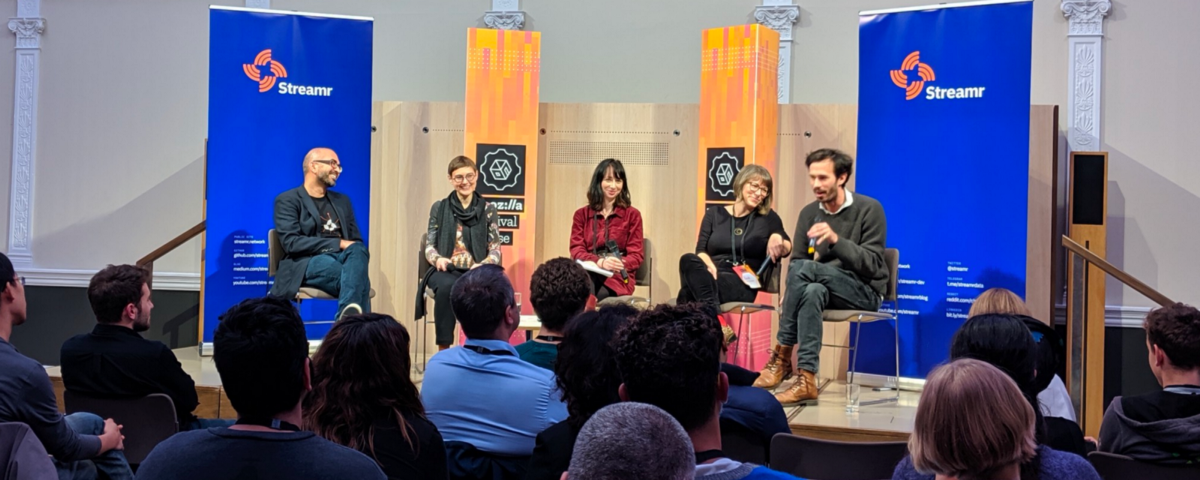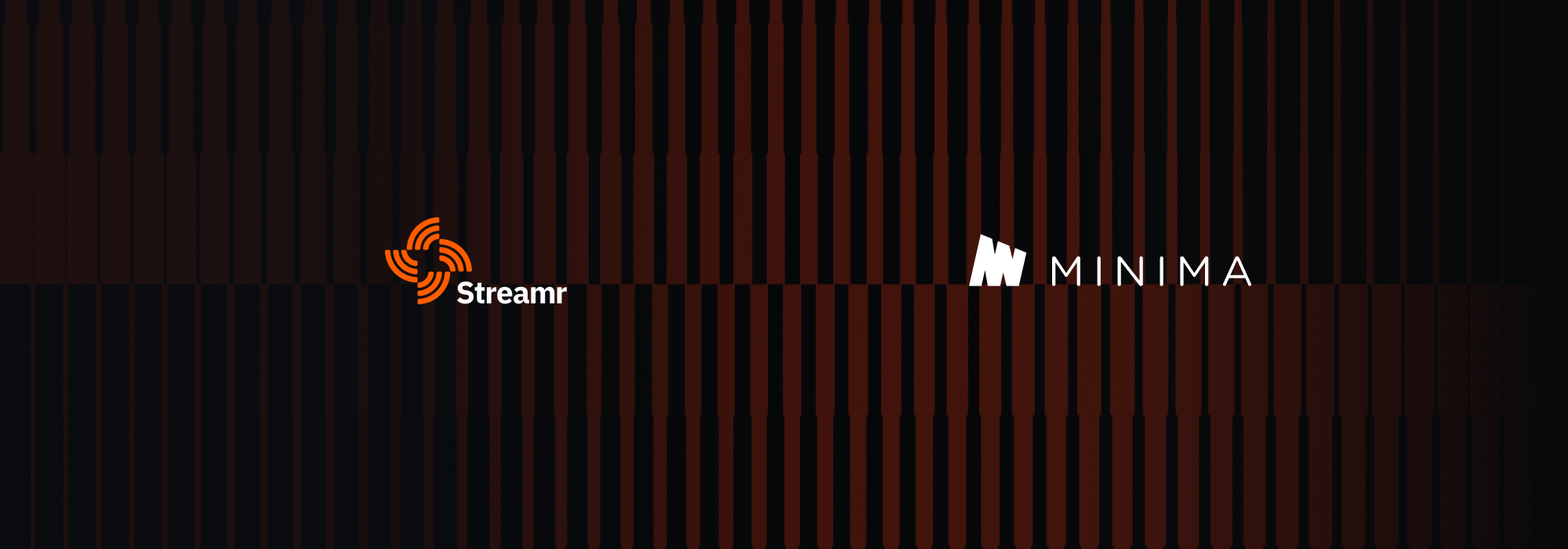
Most decentralized projects are still young. Business decisions and technical calls tend to be made by the original founding team or groups of core developers. This is because blockchain technology is still a relative novelty, and designing and implementing good governance is hard. The relevant issues — protocol changes, technical parameters, incentive mechanisms, etc. — can be technically challenging. Usefully participating in governance may require expertise that is hard to find beyond a small group of developers and enthusiasts.
Decentralized technology is slowly maturing. The focus is shifting from technical issues to the challenge of achieving real-life traction and offering genuine value to the public. This value comes in the shape of robust, privacy-preserving services in domains such as decentralized finance, identity services, gaming and data sharing, to name a few.
The transition from the startup mentality to offering widely-used solutions will remain incomplete, however, if governance models remain unchanged. One cannot in good conscience claim that a service is decentralized if it is effectively controlled by one entity or a select group of people in the know. Efficient and legitimate governance is crucial for the long-term success of decentralized technology. Getting it right is at least as important as scalability and user experience. Getting it wrong is a sure way for a platform or project to find itself mired in controversy. Examples in the past few years are not hard to find: The DAO attack, the Tezos debacle, and there are many others.
Considerations such as the above make governance a timely topic in the decentralized space, and Streamr is no exception; this is something we find important. But when we started to think about the future governance of the Streamr project, we were struck by the lack of available background research. To be sure, this is a topic that has been much debated on various forums. And good work has been carried out on specific issues, such as the rule by code and the relationship between blockchain technology and corporate governance.

Nonetheless, a broad review of the relevant issues has been missing. Given that the relevant research was not available in one place, in an easily accessible form, we thought that the best thing to do was write this up ourselves. I took on the task with the help of the Streamr team and friends, and the resulting whitepaper is now available for download.
Luckily there was no need to start from a blank slate on this exercise. Even if blockchain technology is new, there’s a very long history of how people in civil society, organisations, and companies aggregate preferences and coordinate actions. We believe it is useful to be aware of this history and be able to place decentralized governance in the broader context.
With that in mind, in the paper, we first survey various governance models in civil society, in the corporate world, in open-source development and in other kinds of (possibly self-managed) organisations. We then shift gears and focus on decentralized networks, different stakeholders and their objectives, on-chain vs. off-chain governance, DAOs, coordination, resource allocation, and voting systems.
Along the journey, fascinating questions arise regarding the proper separation of powers, the need for checks and balances, the mechanisms of conflict resolution, the necessity of some formal structure, the role of the constitution as a foundation of governance models, and many others.
As a specific example of a relevant issue, what is the proper degree of decentralization? Not every decision can be realistically analysed and resolved by the larger community. As discussed in John Hargrave’s response to the recent SEC proposal for a three-year safe harbour, though, there are several dimensions of decentralization. The measurement of decentralization along the proper dimensions and setting an appropriate and pragmatic threshold then becomes the key.
This review paper is in no way specific to Streamr. And with the work done, we thought that this material might be useful to a much wider audience in the blockchain community, in other projects and in the whole decentralized space. Hopefully, this paper can serve as a source of ideas for those thinking of governance.
We’ll be happy if this research spurs debate and discussion. Feedback and comments are welcome. Please add a comment to this Reddit thread or email me at risto@streamr.network.









